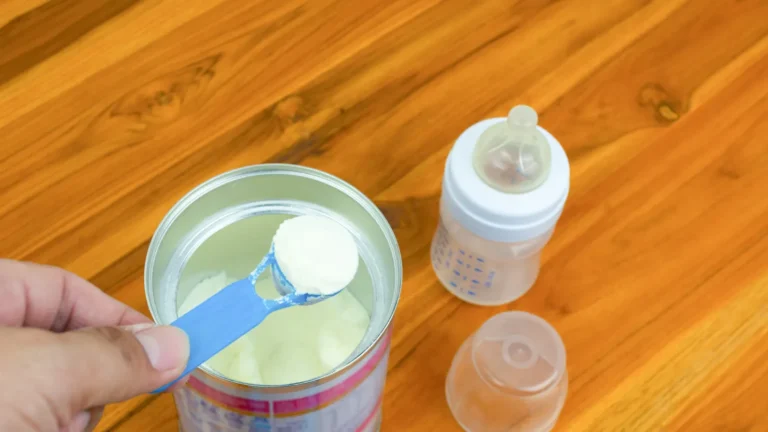
Every year on September 14, the world observes World Eczema Day — a day dedicated to raising awareness about eczema, also known as atopic dermatitis. Far from being a simple skin rash, eczema is a complex immune-related disease that affects millions globally, disrupting sleep, emotional wellbeing, and daily life. The campaign emphasizes the importance of scientific research, early diagnosis, and patient-centered care.
Recent statistics reveal that 20% of children and 10% of adults worldwide suffer from eczema to varying degrees. In the Gulf region, including the UAE, the incidence is rising due to climate conditions, pollution, and lifestyle factors.
What Is Eczema and Why Does It Occur?
Eczema is a chronic inflammatory skin disease linked to a weakened skin barrier. This allows moisture loss while irritants, allergens, and microbes penetrate more easily.
The exact cause remains unknown, but experts agree it stems from a combination of:
- Genetic factors: Mutations in the filaggrin gene weaken the protective skin barrier.
- Immune system factors: Overactive immunity produces inflammatory proteins.
- Environmental triggers: Dry climates, chemicals, dust, and pollution.
- Psychological stress: Anxiety and tension worsen flare-ups.
Different Types of Eczema
While atopic dermatitis is the most common, other forms include:
- Atopic eczema – Starts in childhood and may persist lifelong.
- Contact eczema – Triggered by allergens or irritants such as detergents or nickel.
- Seborrheic eczema – Affects scalp and face with greasy, yellowish scales.
- Neurotic (dry) eczema – Linked to excessive dryness, often in winter.
- Discoid eczema – Circular patches that can become inflamed.
- Occupational eczema – Common in workers exposed to chemicals, cleaners, and hairdressers.
Common Symptoms
- Persistent itching, often worse at night.
- Dry, cracked, and flaky skin.
- Redness, swelling, and sometimes oozing.
- Long-term skin discoloration (lighter or darker patches).
- Higher risk of bacterial and viral infections due to scratching.
The Human Impact of Eczema
Eczema is not only a skin condition; it affects the whole person’s quality of life:
- Sleep disturbance from itching at night.
- Mental health challenges including anxiety, depression, and low self-esteem.
- Social limitations, as patients often feel embarrassed or isolated.
- Children may struggle in school or play due to discomfort and stigma.
The Latest Treatments in 2025
1. Biologic Therapies
- Dupilumab – The first approved biologic targeting IL-4 and IL-13.
- Tralokinumab – Blocks IL-13 and reduces itching.
- Emerging biologics – Targeting IL-31, a key molecule in chronic itching.
2. JAK Inhibitors
- Upadacitinib and Abrocitinib – Oral medications that rapidly reduce itching within weeks.
3. Topical Treatments
- Corticosteroids – Still widely used, but require caution with long-term use.
- Tacrolimus and Pimecrolimus – Non-steroid immunosuppressants.
- Ruxolitinib cream – A topical JAK inhibitor showing strong results.
- Barrier creams with ceramides – Maintain hydration and skin protection.
4. Supportive Therapies
- Phototherapy for resistant cases.
- Antihistamines to ease nighttime itching.
- Antibiotics/antivirals when infections occur.
Daily Care and Prevention Tips
Doctors emphasize that treatment goes beyond medication. Daily care is essential:
- Apply moisturizers rich in ceramides or glycerin after every bath.
- Use lukewarm water instead of hot baths.
- Choose soft cotton clothing and avoid wool or rough fabrics.
- Identify and avoid triggers like dust, fragrances, or pet dander.
- Ensure good sleep hygiene – trimming nails, using cotton mittens for children.
- Maintain balanced nutrition; omega-3 and vitamin D may help reduce inflammation.
Eczema in Children vs Adults
- Children: Commonly appears on face, cheeks, elbows, and knees. In some, symptoms fade with puberty.
- Adults: Often persists on hands, neck, or eyelids and has more severe psychological and occupational consequences.
Recent Research and Future Directions
- Skin microbiome research: Restoring balance between good and harmful bacteria.
- Stem cell therapies: Potential for repairing skin barrier long-term.
- Personalized medicine: Genetic testing may guide individualized treatment choices.
The Psychosocial Aspect
Managing eczema requires more than creams and pills:
- Psychological counseling helps manage stress and depression.
- Support groups provide encouragement and reduce stigma.
- Family education ensures children get the help they need at home and school.
Expert Insights
Dr. Sara Iakovou, Dermatologist at Quttainah Specialized Hospital, emphasizes:
“Eczema varies from person to person. Some cases are mild and manageable, while others deeply affect quality of life. A regular skincare routine, knowing your triggers, and adherence to prescribed treatments are key to controlling flares.”
Prof. Dr. Mohamed Abouhadeed, Associate Professor of Dermatology, Aesthetics & Laser, Quttainah Specialist Hospital Dubai, adds:
“We now have highly advanced biologic and targeted therapies that give hope to patients who struggled for years. But equally important is empowering patients with education and lifestyle tools to manage their disease.”
Moving Forward
Eczema remains a lifelong condition with no definitive cure yet, but with today’s advances in immunology, targeted therapies, and psychosocial care, it is increasingly manageable. On World Eczema Day, we are reminded of the importance of early treatment, patient empowerment, and continued research — all of which bring hope for a brighter future for millions living with eczema.






